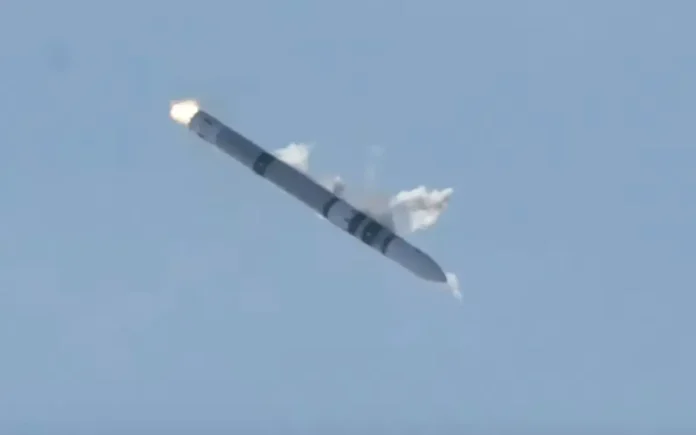A test rocket by Isar Aerospace, designed to develop Europe’s satellite-launching capabilities, exploded 40 seconds after taking off from a Norwegian spaceport on Sunday.
The unmanned Spectrum rocket, developed by the German start-up Isar Aerospace, began to smoke shortly after liftoff. It then exploded as it fell back to Earth. The launch occurred at Andøya Spaceport, located in the Arctic region of Norway. Although the test flight ended in failure, Isar Aerospace considered it a success.
Isar Aerospace test flight: A step forward for European space endeavours
“Our first test flight met all our expectations and can be described as a great success,” said Daniel Metzler, Isar’s CEO and co-founder, in a statement. “We experienced a clean liftoff, flew for 30 seconds, and validated our Flight Termination System.”
Orbital rockets are designed to launch payloads, such as satellites, into Earth’s orbit or beyond. This test flight was particularly significant as it marked the first time an orbital vehicle launched from the European continent, excluding Russia. Moreover, it was Europe’s first privately funded mission of its kind.
The launch had faced several delays due to weather conditions, but Isar Aerospace remained optimistic. The company had kept expectations modest ahead of the flight.
“Every second of flight provides valuable data and experience. If we manage to fly for 30 seconds, that will already be a great success,” Metzler explained before the launch. “We do not expect this test to reach orbit. No company has yet achieved orbit with its first orbital launch vehicle.”
The 92-foot, two-stage rocket carried no payload for this test.
Isar Aerospace operates independently of the European Space Agency (ESA), which is funded by 23 member states. The ESA has been launching rockets and satellites for years, primarily from French Guiana and Cape Canaveral.
In 2023, Richard Branson’s Virgin Orbit made an attempt to launch a European orbital vehicle from southwest England. However, the mission failed, leading the company to close its operations shortly after.
